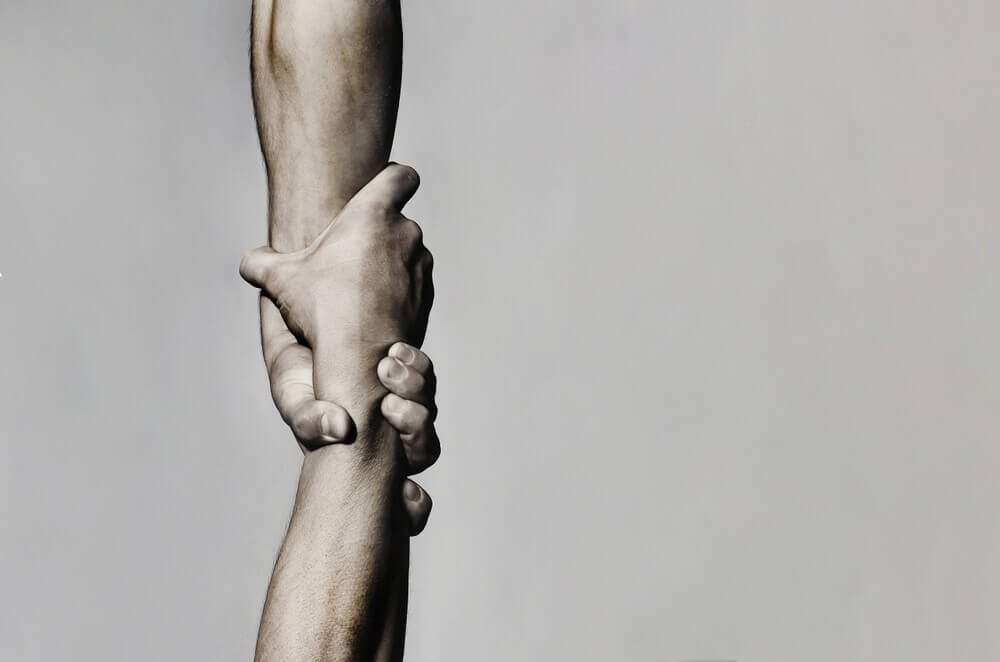Acknowledging the need for rehab is a courageous first step toward recovery, whether for yourself or someone you care about. However, recognizing the signs that professional help is necessary can sometimes be challenging. By understanding the indicators of addiction or mental health struggles, you can make informed decisions and take action before the situation worsens.
Here are key signs to look for when assessing whether rehab may be the right next step.
1. Behavioral Changes
One of the most telling signs of substance abuse or mental health challenges is a noticeable shift in behavior. These changes may include:
- Isolation: Withdrawing from friends, family, or social activities.
- Erratic Mood Swings: Sudden changes in mood, such as extreme irritability or sadness.
- Neglecting Responsibilities: Struggling to maintain work, school, or family obligations.
- Risky Behavior: Engaging in dangerous activities, such as driving under the influence or using substances in unsafe environments.
These behaviors often signal underlying issues that require professional intervention.
2. Physical Symptoms
Substance abuse and mental health challenges often manifest in physical ways. Watch for signs such as:
- Changes in Appearance: Sudden weight loss or gain, poor hygiene, or a neglected appearance.
- Frequent Illness: Increased vulnerability to illnesses due to a weakened immune system.
- Visible Signs of Substance Use: Track marks, bloodshot eyes, or slurred speech.
- Sleep Issues: Insomnia, excessive sleeping, or irregular sleep patterns.
These physical symptoms can indicate that someone is struggling and may benefit from a structured recovery program.
3. Psychological Red Flags
Mental health often plays a significant role in addiction and recovery. Be alert to psychological signs such as:
- Depression or Anxiety: Persistent feelings of hopelessness or overwhelming worry.
- Obsessive Thoughts About Substance Use: Constantly thinking about the next opportunity to use drugs or alcohol.
- Paranoia or Hallucinations: Experiencing delusions or seeing/hearing things that aren’t there.
- Lack of Motivation: Losing interest in hobbies or activities that once brought joy.
These psychological indicators suggest that professional support may be necessary to address underlying issues.
4. Impact on Relationships
Addiction and mental health struggles often affect relationships with loved ones. Signs include:
- Frequent Conflicts: Arguing more often or creating tension within family or friend groups.
- Broken Trust: Lying about substance use or other behaviors.
- Dependence on Others: Relying heavily on others to manage daily responsibilities or finances.
If these patterns are present, rehab can provide a space to rebuild trust and repair relationships.
5. Unsuccessful Attempts to Quit
Many individuals try to stop using substances or manage their mental health on their own but find it difficult to sustain progress. Indicators of this struggle include:
- Relapses: Returning to substance use after periods of sobriety.
- Inability to Quit: Feeling unable to stop despite wanting to.
- Worsening Symptoms: Experiencing heightened cravings, withdrawal symptoms, or emotional distress.
These challenges often point to the need for professional help in a structured environment.
When to Take Action
If you recognize any of these signs in yourself or a loved one, it’s essential to seek help promptly. Rehab centers offer a safe and supportive environment where individuals can:
- Receive personalized treatment tailored to their needs.
- Access medical and therapeutic support for physical and emotional recovery.
- Learn coping strategies and build a foundation for long-term sobriety.
Conclusion
Recognizing the signs that you or a loved one need rehab is the first step toward recovery. By addressing these indicators early, you can prevent further harm and open the door to healing and growth.
At Find Luxury Rehabs, we’re here to help connect you with the right treatment options for your needs. Whether you’re seeking guidance for yourself or a loved one, explore our resources to find the support you deserve.




















